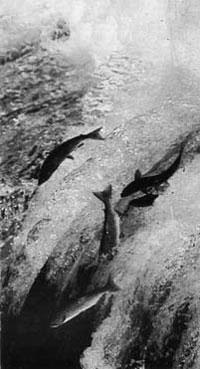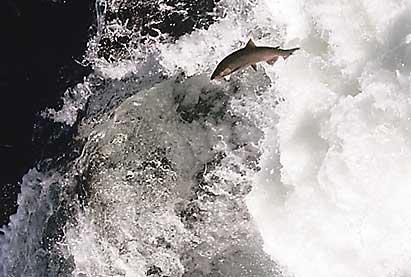Species separate faster than expected
2001/01/01 Elhuyar Zientzia Iturria: Elhuyar aldizkaria
When populations of a certain species have to live in separate and different environments, they evolve to adapt to them and often become two different species.
University of Massachusetts researcher Andrew Hendry has studied the evolution of salmon released on Lake Whashington in order to know the time during which speciation occurs and has proven that between 12 and 14 generations have been enough to create two of a species. The process takes place in 9 generations on fruit flies. These measured speeds are 10 times the fastest observed so far and indicate that speciation occurs in fewer generations than expected.

Gai honi buruzko eduki gehiago
Elhuyarrek garatutako teknologia





